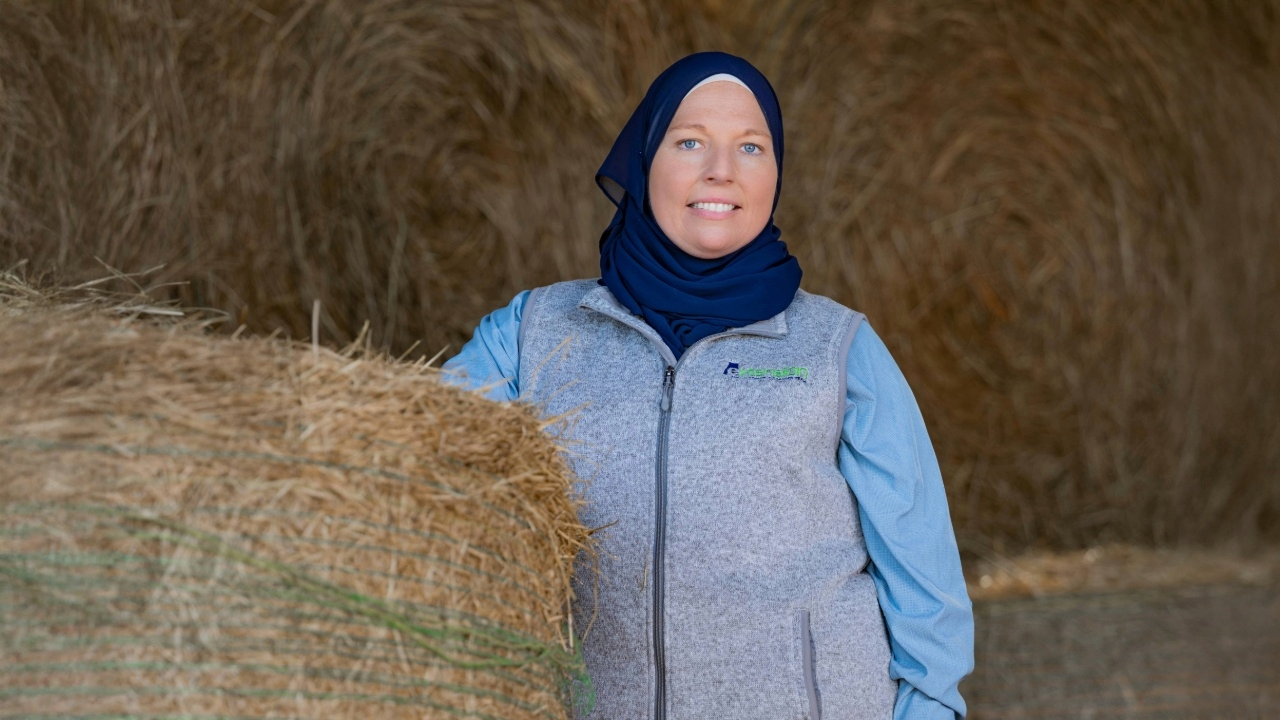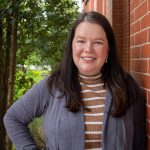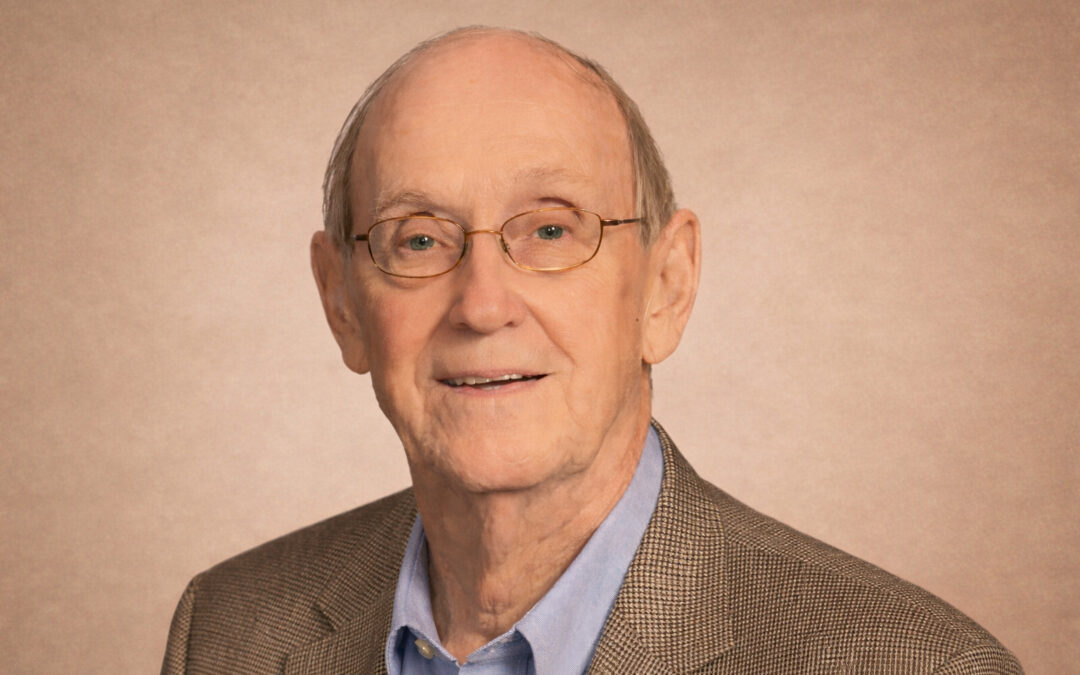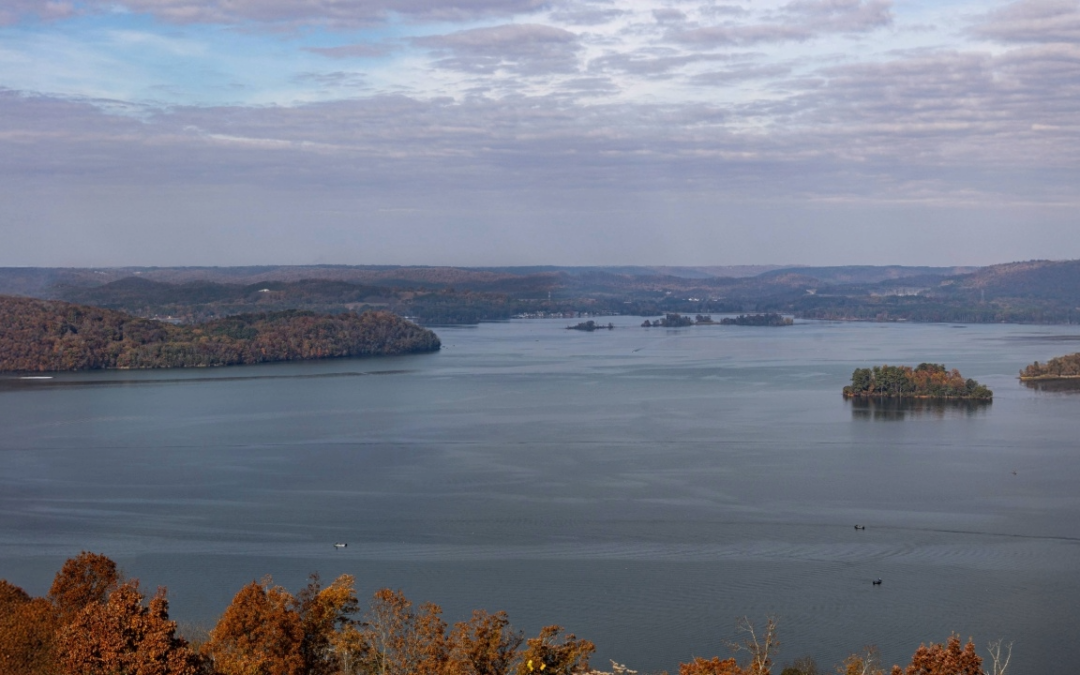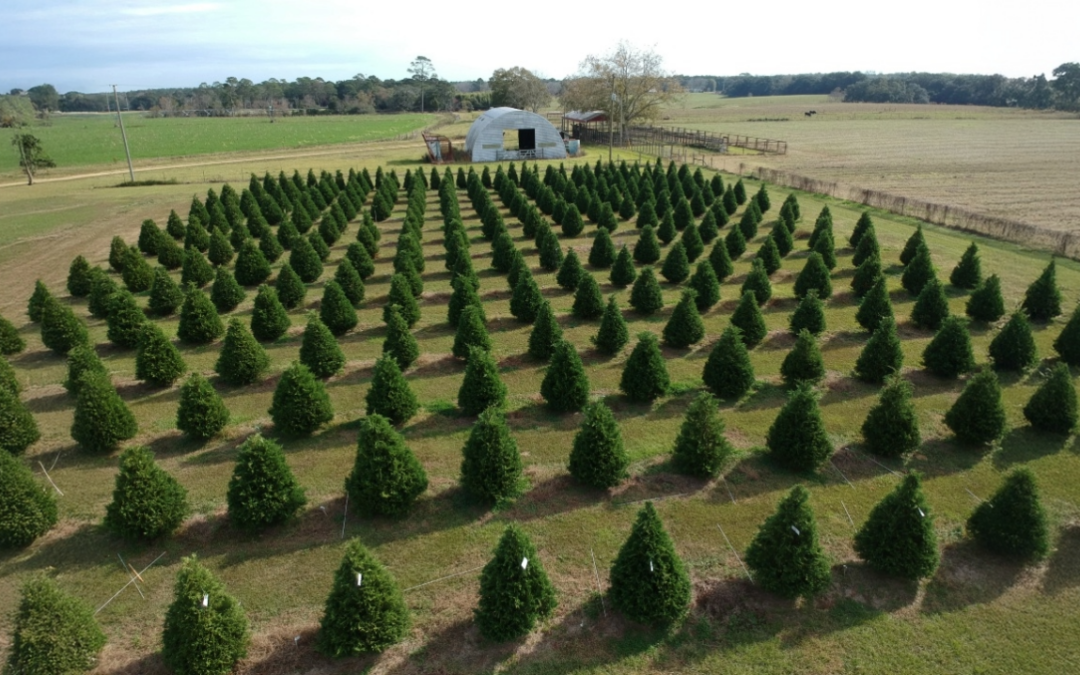Leanne Dillard has always loved puzzles, and her work as an associate professor and an Alabama Cooperative Extension System specialist is like one big puzzle.
Dillard is the recipient of the 2025 Auburn University Award for Excellence in Faculty Outreach. Presented by the Provost’s Office, the award honors the engagement of exemplary faculty members and demonstrates the tremendous impact outreach has on the community, state, nation and beyond.
“Dr. Dillard understands and exemplifies the mission of Extension,” said Kim Mullenix, head of the Department of Animal Sciences. “She has a desire to help farmers and stakeholders to improve animal agriculture. This is evident in her work ethic, relationship building skills, engaging personality and strong research program she has built to address applied issues in Alabama agriculture.”
Dillard embodies Auburn’s land-grant mission of teaching, research and outreach. Her research and extension work in forage agronomy are driven by a passion for helping farmers be more sustainable, both environmentally and economically.
“I’ve always had a passion for biological systems,” Dillard said. “And during my Ph.D., I was doing nutrient cycling work, and — while I already knew that farms were very environmentally friendly — I learned there weren’t enough people telling that story to support farmers.
“I wanted to be able to say, ‘Hey, we have the research that shows how farming is not just neutral to the environment but actually good for the environment when done the right way. Producers are so busy taking care of their farm and producing healthy food, they don’t have time to tell their story.’”
Her two primary areas of research are in integrated crop-livestock systems and in the use of biostimulants, such as plant growth-promoting rhizobacteria, to reduce reliance on synthetic nitrogen sources.
“Fertilizer is one of the largest costs we have in our ag systems, and that’s true for forages as well,” she said. “They can also be some of the most harmful environmentally — they can leach, they are extremely inefficient just by their nature. But we lived without synthetic nitrogen fertilizer for millennia, right? So, we’re trying to not replace nitrogen fertilizer, but supplement it and go back to some of those more natural processes for elevating nitrogen levels and then partnering those with synthetic nitrogen so we can get the best of both worlds.”
It’s the same with integrated crop-livestock systems. Rather than maximizing the system, Dillard asks how it can be optimized.
“What we found is when we took off the cover crops and we took out the cattle, nutrient cycling slowed really down,” she said. “Pest cycles were not interrupted. So, we’re trying to reincorporate that in a positive way — because they can have negative impacts on our cash crop.
“It’s about doing the research to show that we can get the benefits of breaking up pest cycles and increasing nutrient cycling without the negative impacts of things like soil compaction.”
From farm to faculty
Dillard grew up on a poultry farm with a small cow-calf operation in Northwest Georgia and is a two-time Auburn alumna, earning both her master’s and doctorate from Auburn. She earned her bachelor’s in biology from the University of Alabama at Birmingham (UAB).
While she was in 4-H, she was not exposed to FFA or similar opportunities to think about careers in agriculture beyond farming.
“So, all I knew about ag was you worked really, really, really hard and you didn’t get a lot of money,” she said with a laugh. “I knew that I had a passion for biology and biological systems, so I thought about maybe vet school, maybe med school. I just knew I wanted to get off the farm.”
The University of Georgia and Georgia Tech felt far too big. With a cousin in Prattville, she started looking at smaller schools in Alabama.
“I went to Birmingham, and I was like, ‘OK, this is a city, but it’s not too big. They’re good for biology, they have med school. I can experience a lot of things here that I’ve never experienced before.
“And I did experience them, and they led me right back to where I started.”
At UAB, Dillard spent two years doing undergraduate research for an ecology professor that focused on marine systems. He encouraged her to consider studying ecology for agricultural systems — something she had never considered possible. He suggested she look at Auburn.
“I looked at their website, and I found a picture of someone who looked really nice,” she said. “That was it, and I called him. He was studying nutrition with a background in environmental studies and ruminant nutrition.”
The rest, she said, is history.
Falling for Extension
“I didn’t really get into extension until after I finished my PhD, because, again, I am really stubborn,” Dillard quipped. “I thought, ‘Nope, can’t do it. Farmers are really smart. I can’t just tell farmers what to do.’”
But after a semester teaching at Columbia State Community College in Tennessee, she accepted a postdoctoral position with a forage extension specialist in Georgia.
“And I learned that it’s okay to not know about everything, but extension is a big jigsaw puzzle,” she said. “And I love puzzles.”
Every day as an extension specialist is different — a new producer, a new problem to solve, a new part of the state. But helping producers is Dillard’s favorite part of the job.
“Growing up on a farm and knowing how hard they work, day in and day out, seeing their passion after decades of doing this — that’s what keeps me going,” she said. “And that is very closely followed by working with students. Because when you get a student, and you see that light bulb come on? Now, that is special.”
Her commitment to producers has not gone unnoticed.
“What impresses me the most about Dr. Dillard is her ability to ask the right questions, listen and observe to understand the situation, then turn that information into practical solutions for Alabama’s forage producers,” said Steve Hague, head of the Department of Crop, Soil & Environmental Sciences.
Receiving the Award for Excellence in Faculty Outreach is an honor, Dillard said, but it is simply the cherry on top of doing what she loves.
“It’s always wonderful to receive awards and know that people are noticing what you do,” she said. “But when it comes down to it, I just love my job. This is a beautiful state, and I get to see it. So, yeah, I love being the forage extension specialist. It was a very winding path to get here, but I can’t imagine doing anything else.”

